The rise of DeepSeek, a low-cost AI application from China, is shaking up the tech market. Not only has DeepSeek surpassed ChatGPT in downloads, but it has also caused Nvidia’s stock to plummet to a record low, posing a new challenge to Western AI giants.
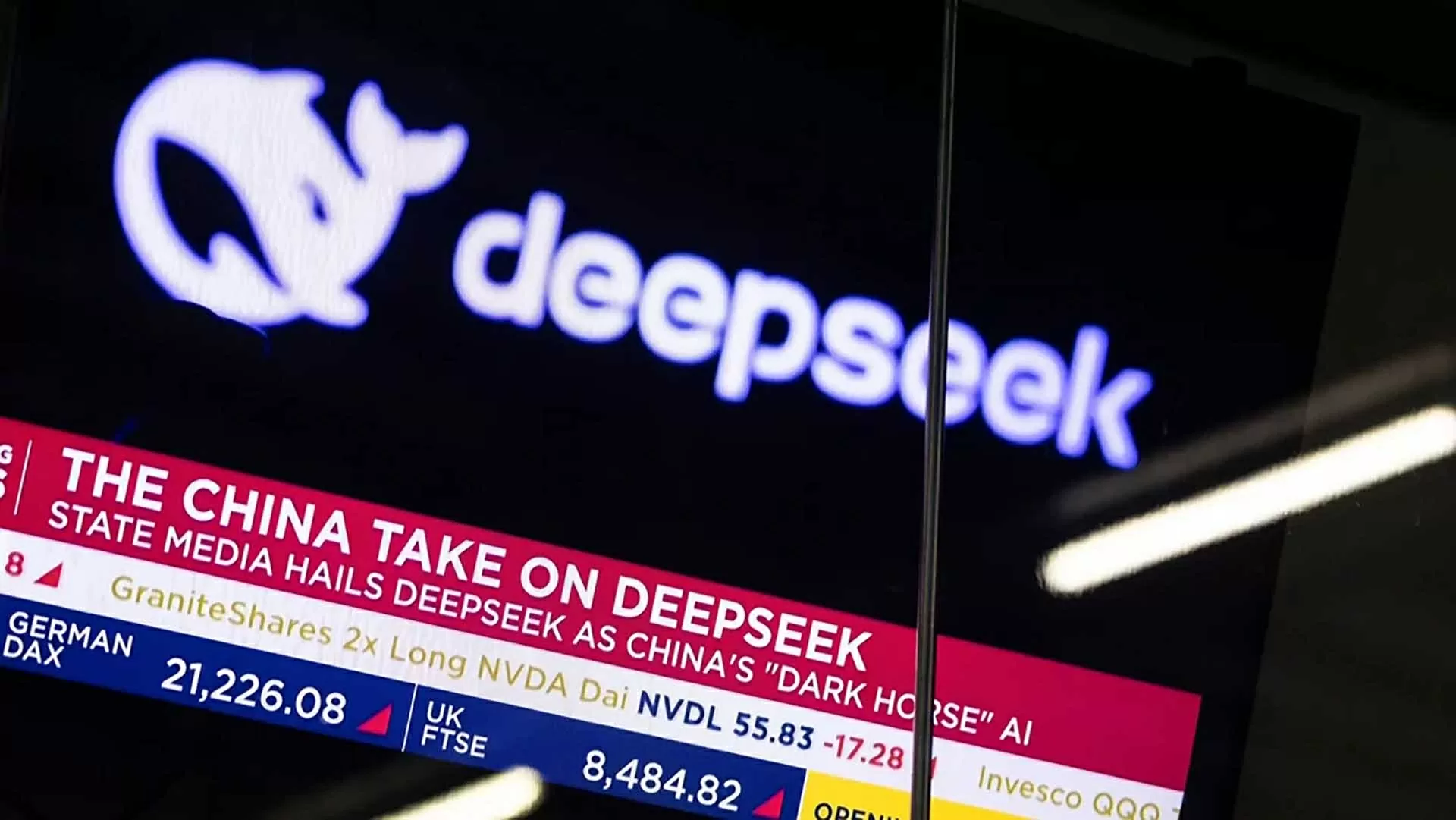 |
| News about DeepSeek plays on a screen at the Nasdaq MarketSite in New York, U.S., January 27, 2025. (Source: Bloomberg) |
Developed by the startup of the same name founded by Luong Van Phong in 2023 in Hangzhou, DeepSeek quickly rose to prominence when it was evaluated as equal to, or even superior to, ChatGPT, Gemini or CoPilot.
As soon as it appeared on the App Store, DeepSeek immediately “surpassed” ChatGPT to become the most popular AI application. Although it was dubbed the “Pinduoduo of AI” thanks to its low-cost strategy, DeepSeek caused a huge shock when it “blew away” more than $600 billion of Nvidia’s market capitalization overnight – a record drop in Wall Street history.
Market Explosion
According to Nikkei Asia , soaring hardware demand has fueled the growth of AI and the recovery of the tech stock market. However, the appearance of DeepSeek R1 - a low-cost AI model launched on January 20 - has made investors worried because it can operate on low-performance chips but still achieve impressive power.
DeepSeek R1 was valued at just $2.19 per million tokens, 96% less than OpenAI, sending shockwaves through Silicon Valley and Wall Street. While Nvidia lost more than $600 billion in market capitalization, the company still touted DeepSeek R1 as a major AI advancement, a brilliant application of Test Time Scaling – a technique that improves AI inference without requiring larger models or lengthy training.
The truth about low cost
Nikkei Asia said that DeepSeek’s actual training costs are still a big question mark. The company said it spent nearly $5.6 million to train the V3 model, a figure much lower than the $100 million for GPT-4. However, Gregory Allen, director of the Wadhwani AI Center at the Center for Strategic and International Studies (CSIS), said the real cost could be significantly higher, as the report only counted the final training, not the research and testing that preceded it.
DeepSeek reportedly used 2.8 million hours of H800 GPUs for $2 an hour, achieving performance through algorithmic, framework, and hardware optimization. However, analysts remain skeptical. SemiAnalysis, a well-known semiconductor and AI research and consulting firm, believes the company may have exploited around 10,000 Nvidia H800 GPUs and 10,000 H100 GPUs – chips banned from export to China. Some have also suggested that DeepSeek may have used “distillation” techniques to reduce costs, but there is no solid evidence.
This technique is used by developers to achieve better performance on small models, by using output from large models, allowing them to get similar results on specific tasks at a lower cost.
Impact on AI hardware manufacturers
DeepSeek’s impressive performance has investors worried about the future of the AI chip industry. Nikkei Asia commented that if AI can operate effectively on cheap hardware, demand for investment in data center infrastructure and high-end chips could decline, affecting giants such as Nvidia, Broadcom, TSMC, Samsung and SK Hynix.
Nvidia, the market leader, asserts that DeepSeek still requires a large number of high-performance GPUs and leverages Test Time Scaling techniques to optimize AI inference. However, Jonah Cheng, chief investment officer at private equity firm J&J Investment and veteran semiconductor analyst, questions whether hardware investment is still a top priority. However, many analysts still believe that to achieve stronger performance, AI companies cannot ignore upgrading infrastructure.
Invalidating the US AI chip export ban?
Speaking to Chinese media, founder Luong Van Phong said that the problem DeepSeek faces is not money but the ban on exporting AI chips. The High-Flyer investment fund he founded began stockpiling AI chips in early 2019. The fund had 10,000 A100 GPUs before Nvidia was banned from exporting this product to China in 2022.
The US has imposed sweeping export controls on China’s access to advanced AI chips, semiconductor manufacturing and chipmaking tools to limit the country’s technological advancements. Most analysts say DeepSeek’s breakthrough is not a sign of failure for US restrictions.
Expert Gregory Allen compares this situation to Huawei, which launched its 7nm chip in 2023 despite limited access to US technology, but has not been able to scale up production.
Jeremy Chih-Cheng Chang, executive director of the Taipei-based Institute for Democracy, Society and Emerging Technology and a researcher specializing in international economic security, said the DeepSeek “shock” would only accelerate the competition between the US and China for “AI hegemony.”
US President Donald Trump said he still expects US technology companies to dominate the AI market, but also admitted that DeepSeek is a huge challenge.
The United States has long been at the forefront of the AI development race. The emergence of DeepSeek has also forced major US technology companies such as OpenAI, Microsoft, Google, Meta… to optimize their operating models and operating costs of their own AI systems.
Fear of falling behind China could become a driving force for the US to accelerate its AI development. The US could tighten restrictions on AI chips or increase oversight of the technology China has access to, while boosting domestic AI investment, strengthening technology alliances and adjusting policies to maintain its leadership.
Source






























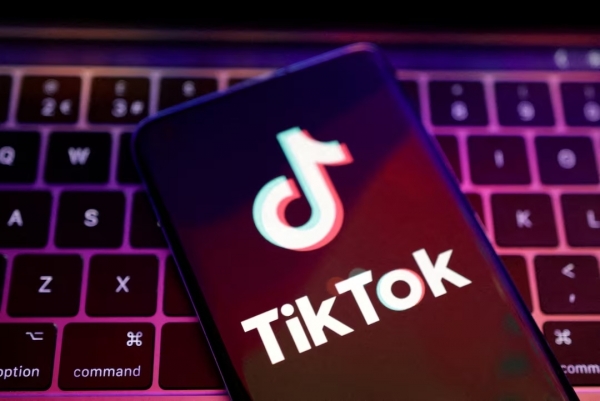
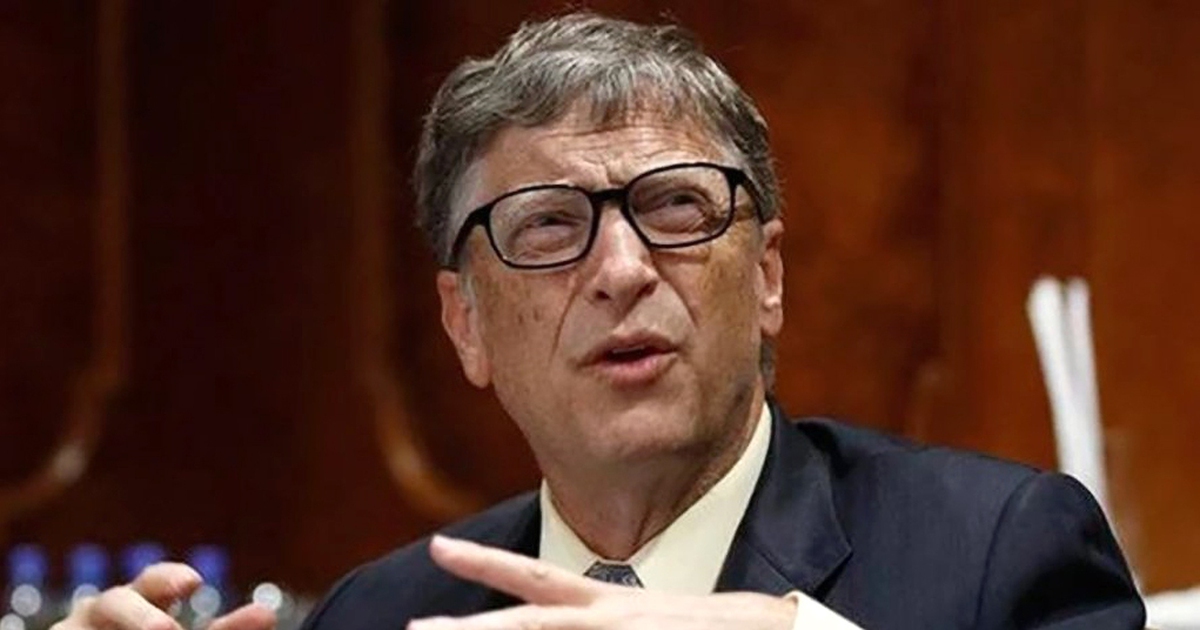

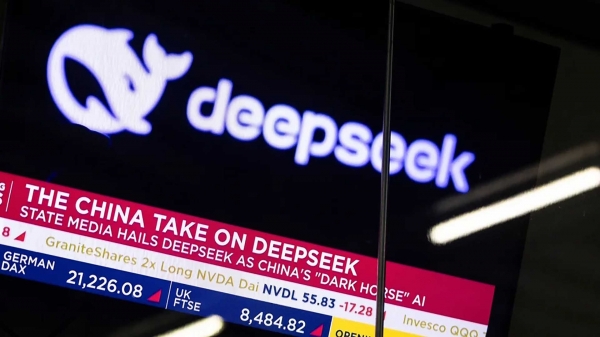

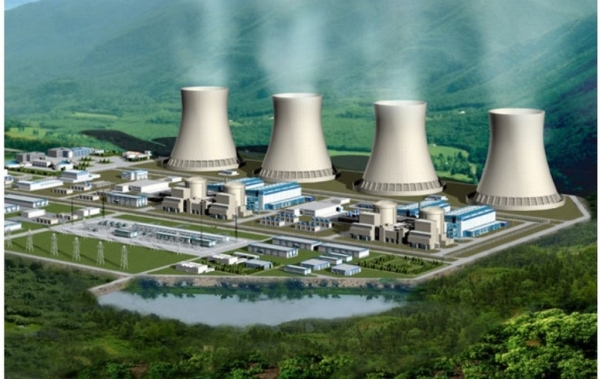
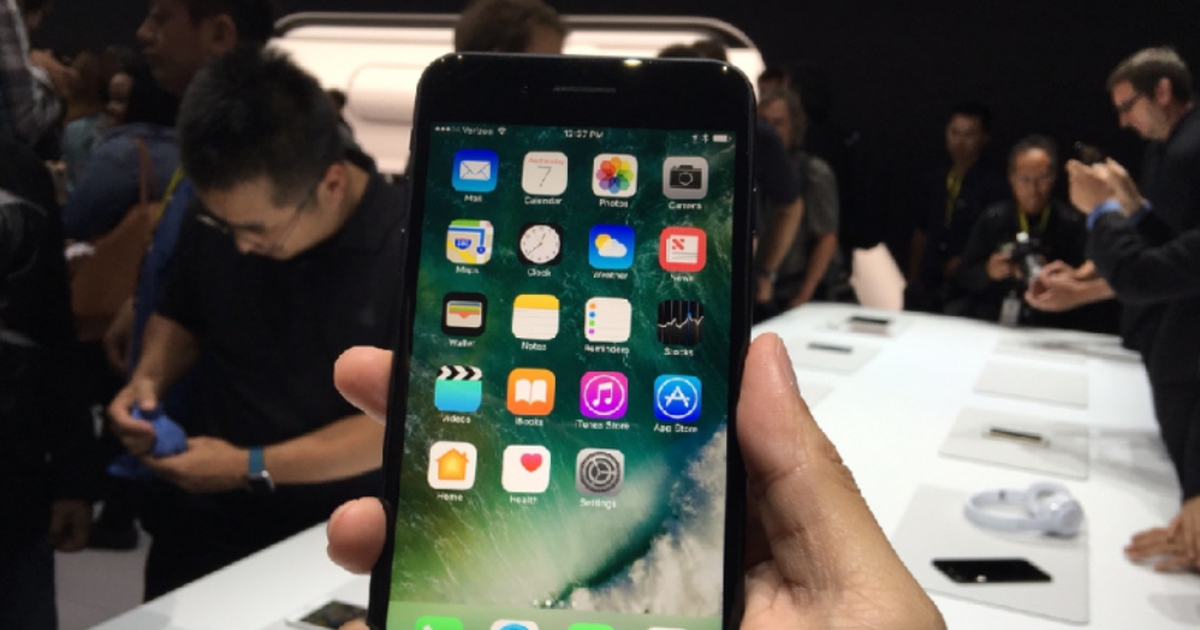

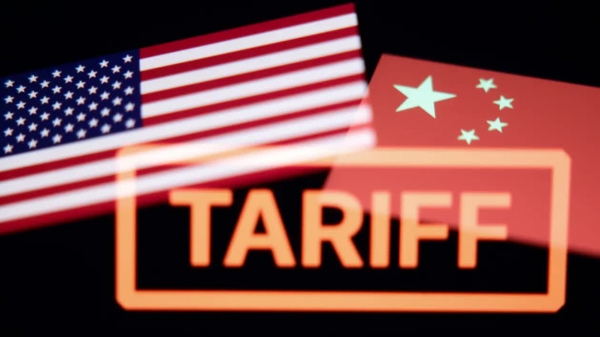
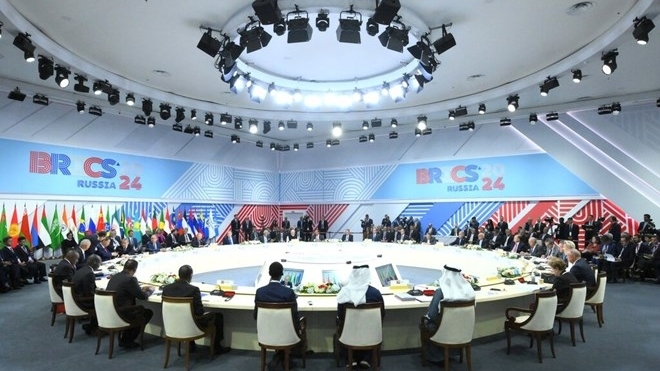
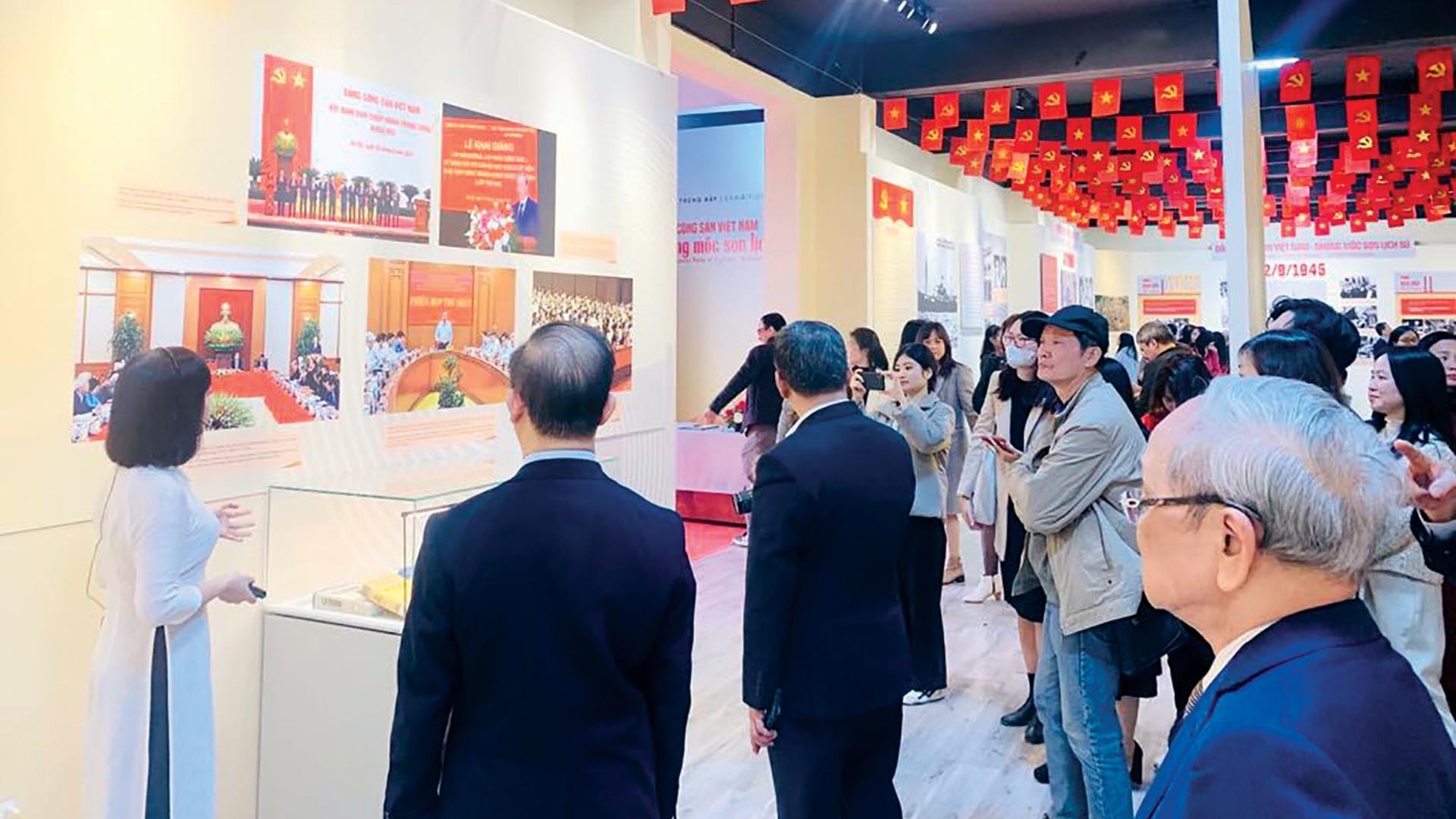



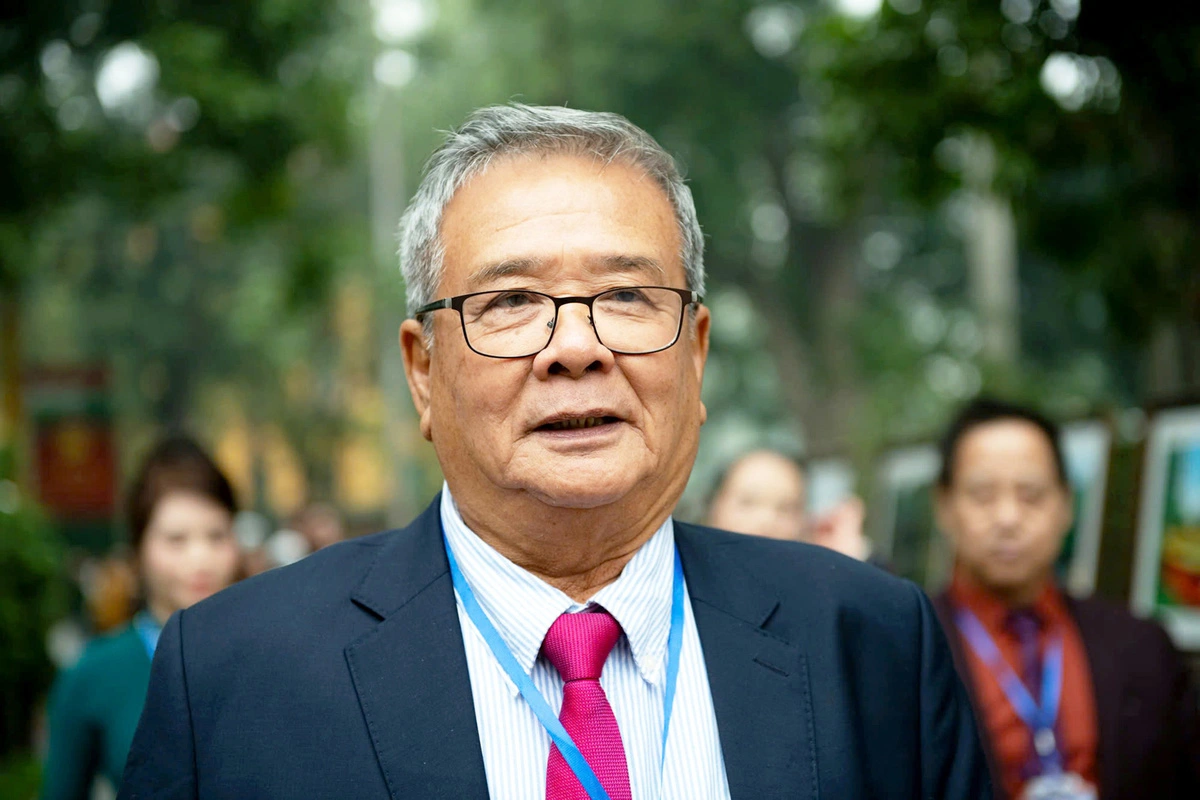












Comment (0)